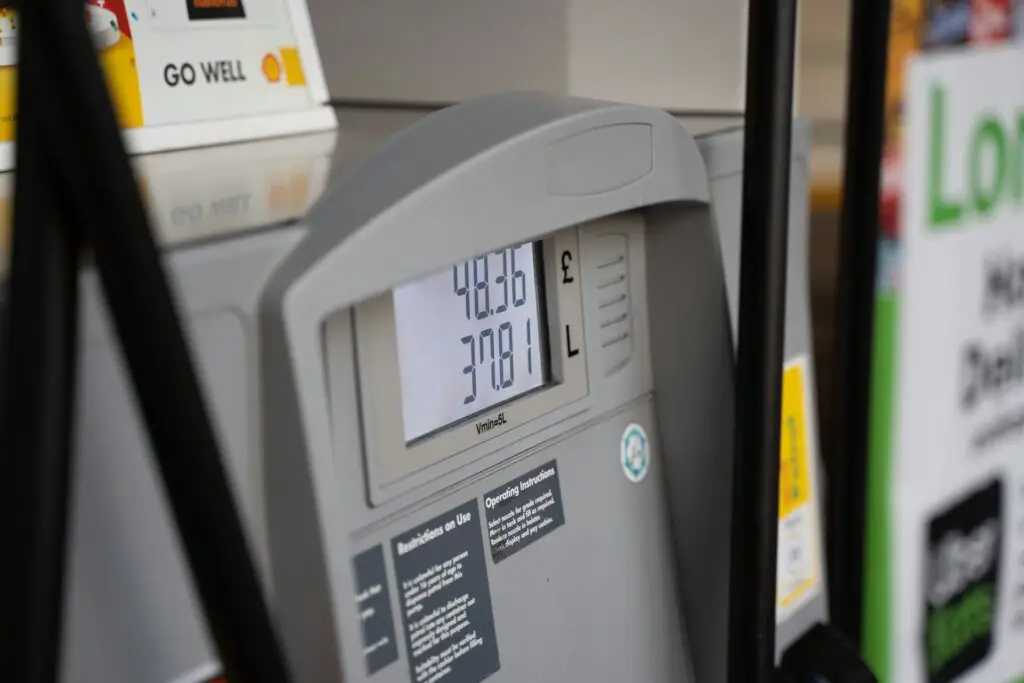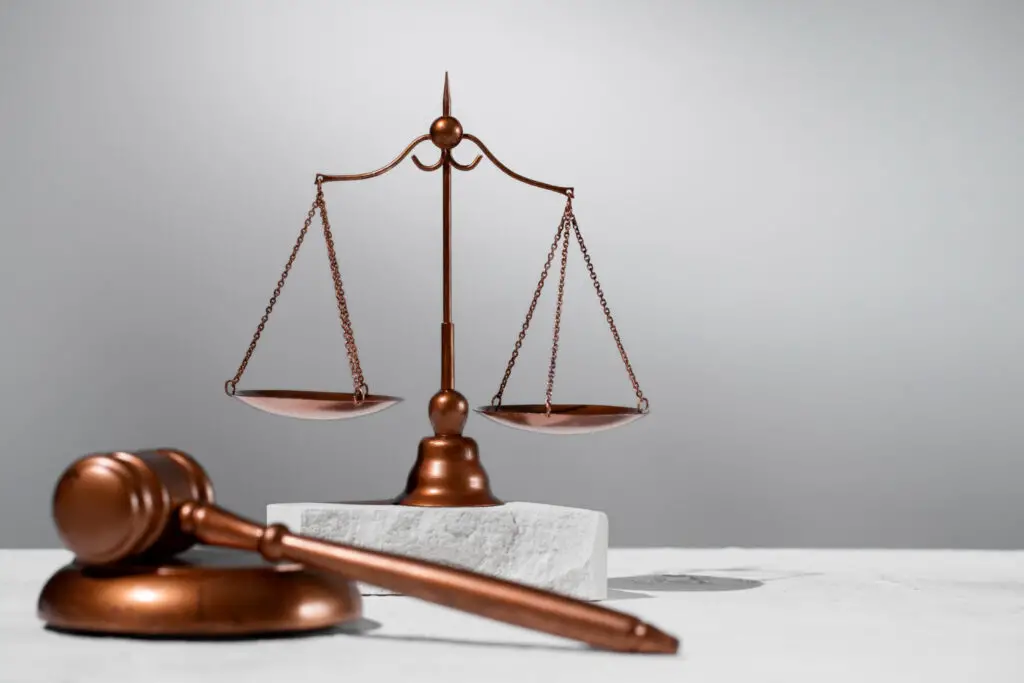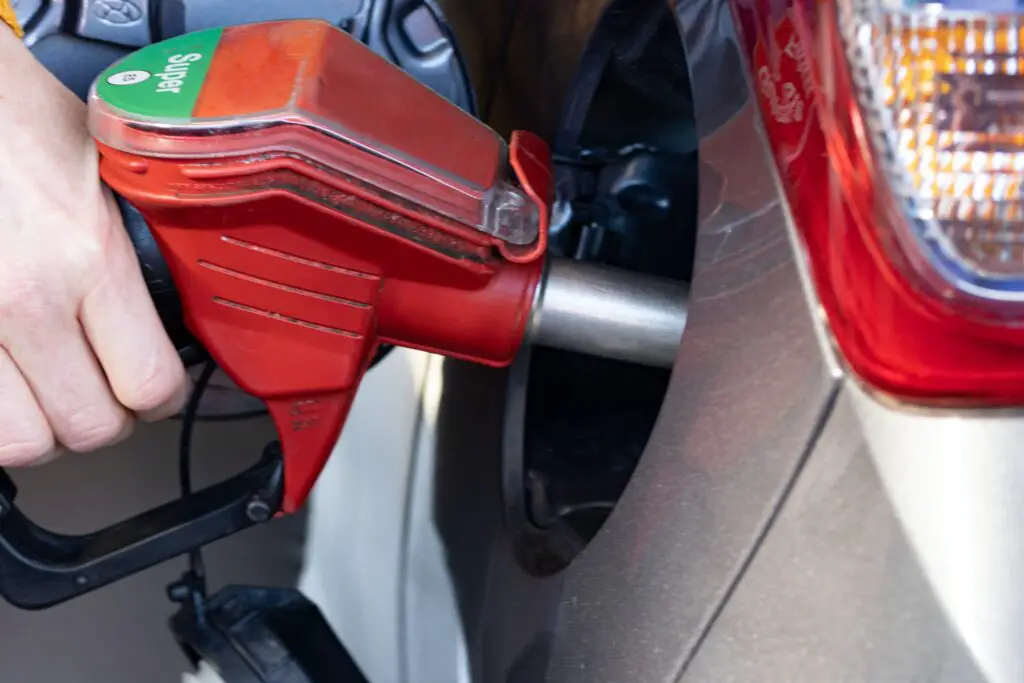In a viral video circulating widely, a man appears to snag an unbelievable bargain, filling his gas tank for an unbelievable $0.10 per gallon. However, the intriguing question arises: did he cross any legal boundaries in doing so? Let’s delve into the legal intricacies surrounding this apparent pricing mistake exploit. The video not only captures attention for its jaw-dropping gas price but also prompts us to explore if there’s a more complex story behind this astonishing discount. So, exploring the legal nuances will help us grasp the potential legal consequences of this peculiar situation.
Understanding Mistake of Fact:
In the video, Attorney Ugo Lord discusses a legal concept called “mistake of fact.” In basic terms, this happens when both parties know there’s a mistake, even if one realizes it later. It’s about both sides knowing something went wrong, even if one doesn’t catch it right away. This is a critical factor in determining whether the man violated any laws. The legal concept of “mistake of fact” is central here, helping us see how both parties understand whether a genuine mistake has occurred.
Contract Law and Mistakes
Mistakes in understanding facts can lead to the cancelation or modification of a contract. If one person thinks a term means something and knows the other person thinks differently, discussing it before sealing the deal is crucial. Not doing this might make the courts interpret the term against the one who knew about the possible misunderstanding.
Unilateral Mistakes and Unfair Advantage
Unilateral mistakes occur when just one party misunderstands, leading to an imbalance during contract creation. The knowledgeable party gains an unfair advantage, casting doubt on the deal’s fairness at the gas station. This situation raises concerns about equity in the transaction. The other can exploit the knowledge gap if only one side is in the dark about a crucial aspect. This dynamic questions the agreement’s integrity, highlighting the potential for one party to capitalize on the need for more awareness, leaving the other at a disadvantage.
California Business Code’s Take
California Business and Professions Code Section 12024.2 deals explicitly with cases like this. The law says that when retailers make a mistake in advertising prices, they must stick to them. However, there are exceptions. If the price is so low that anyone with common sense would know it’s a mistake, the retailer might not have to stick to it. In short, the law wants businesses to be fair but only forces them to follow through when the mistake is glaring.
Exception to the Rule
In this instance, the situation portrayed in the video fits into the exception outlined in the California Business Code. The meager gas price would undoubtedly raise suspicions for anyone with common sense. Therefore, the question arises: Did the man intentionally exploit an honest mistake? If proven, it could mean he knowingly took advantage of the situation. The video prompts us to consider whether the individual knew that the gas price was a genuine error and if he deliberately seized the opportunity to benefit from it.
The Thin Line Between Bargain and Crime

Remember that purposefully benefiting from this situation may result in legal trouble. You may face legal consequences if you knowingly take advantage of a mistake, especially one as obvious as a $0.10-per-gallon gas price in 2024. It’s essential to understand that intentionally exploiting errors can land you in a difficult position with the law. In this case, being aware of the mistake and capitalizing on it could have serious repercussions. So, it’s crucial to consider the potential legal fallout before engaging in such actions.
Take this situation in reverse. Let’s say the man went inside to pump $10 of gas into his car but mistakenly gave the cashier a $100 bill instead of a $10 bill. Let’s say the cashier realizes the mistake but says nothing and allows the man to pump the $10 of gas into his car while placing the additional $90 into the cash register. That cashier can be found guilty of exploiting a pricing mistake because they realized the man made a mistake but said nothing. The cashier is clearly trying to take advantage of a genuine mistake between the parties.
A mistake is different than simply being unaware of an item’s value and selling that time for less than it’s worth. If you’re unaware something is worth more, but you make a genuine sale after a “meeting of the minds,” that sale is valid. Even if the buyer knows the item’s value is worth more than the seller is willing to sell it for, it is a valid sale. But if a seller intends to sell an item for $100 and mistakenly accepts a $10 bill, thinking it was a $100, that is a mistake.
Legal Ramifications of Intentional Exploitation
The video raises questions about whether the man was aware of the price mistake and deliberately took advantage of it. If proven, he could face consequences for exploiting pricing mistakes. The legal system disapproves of individuals gaining unfair benefits, even in situations with seemingly unbelievable deals. It highlights the potential accountability one may have when knowingly capitalizing on errors, emphasizing the importance of ethical behavior in the face of tempting opportunities. The law tends to frown upon actions that cross the line of fairness, even in the context of seemingly fantastic bargains.
Moral Dilemma or Legal Breach?

Facing a moral quandary, we question if it’s right to benefit from an obvious mistake. However, the law may need to be more lenient in such cases. Despite the allure of an incredible deal, deliberately taking advantage raises ethical and legal concerns. It prompts us to consider the proper action and responsibilities in such situations. Is it acceptable to profit from someone else’s oversight, knowing it’s wrong? Navigating this ethical terrain requires careful consideration and an understanding of the potential consequences that may arise from knowingly exploiting pricing mistakes.
If you want to read about misleading sales strategies, click here.
Consumer Awareness and Responsibility
This incident highlights the importance of consumer awareness and responsibility. While everyone loves a good deal, being cautious and making the right decisions is essential. Identifying situations that seem too good to be true should prevent us from inadvertently getting involved in legal challenges. Recognizing the potential pitfalls of fraud protects us from inadvertent legal conflicts. It’s a reminder to be vigilant, use ethical judgment, and not fall into deals that could result in unintended legal complications. Insight into consumer product choices is our shield against inadvertent legal challenges.
Conclusion
Diving into the complexities of law, the $0.10-a-gallon gas incident becomes a captivating study. As consumers, it underlines the need for ethical conduct and responsibility. The temptation of incredible deals is strong, but we must navigate cautiously, aware of the fine line between a good bargain and possible legal consequences. This scenario prompts reflection on more than legality—it challenges us to consider our ethical compass when faced with extraordinary opportunities. Everyone must stay informed and make moral decisions in a constantly changing legal landscape.

